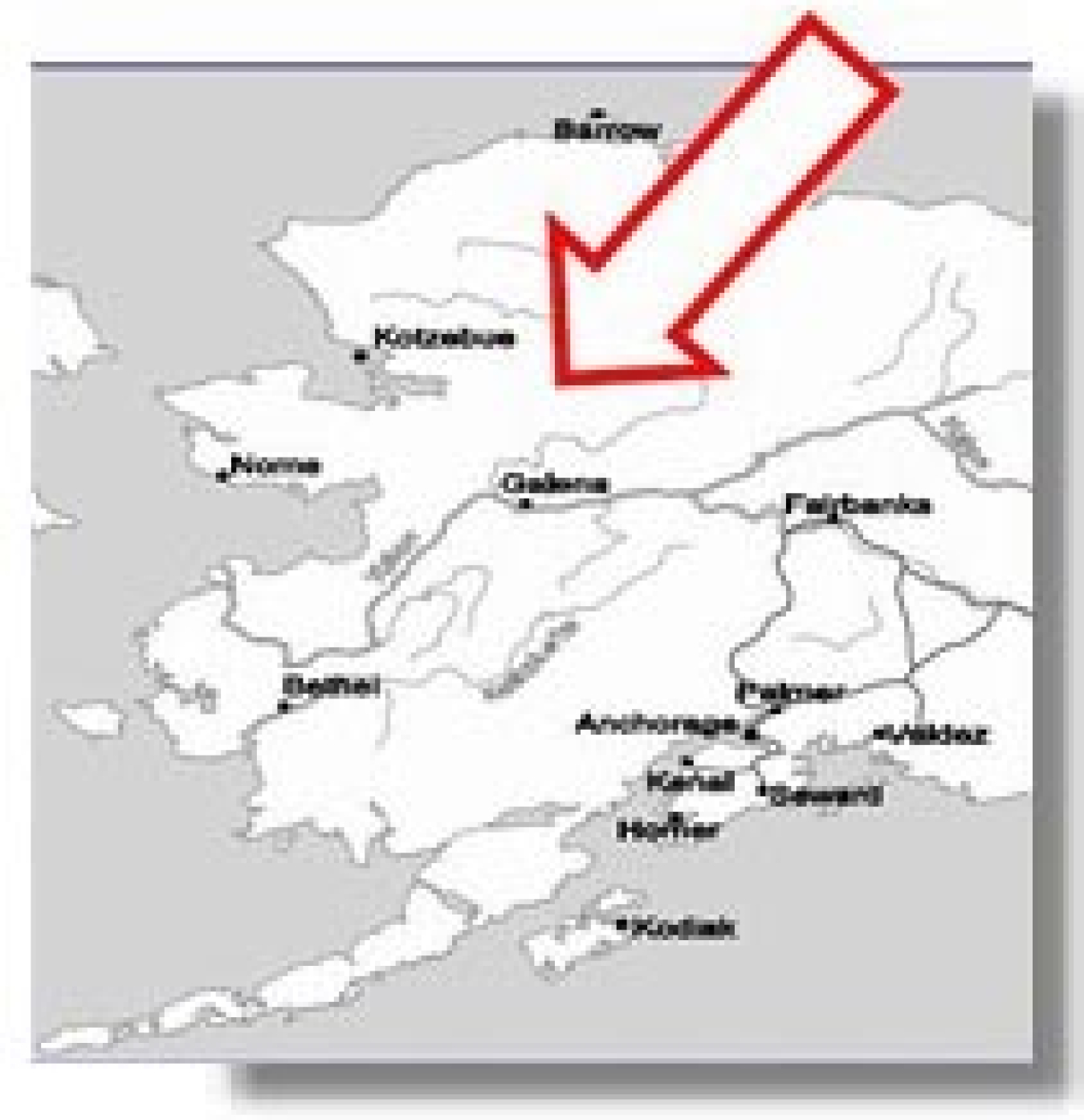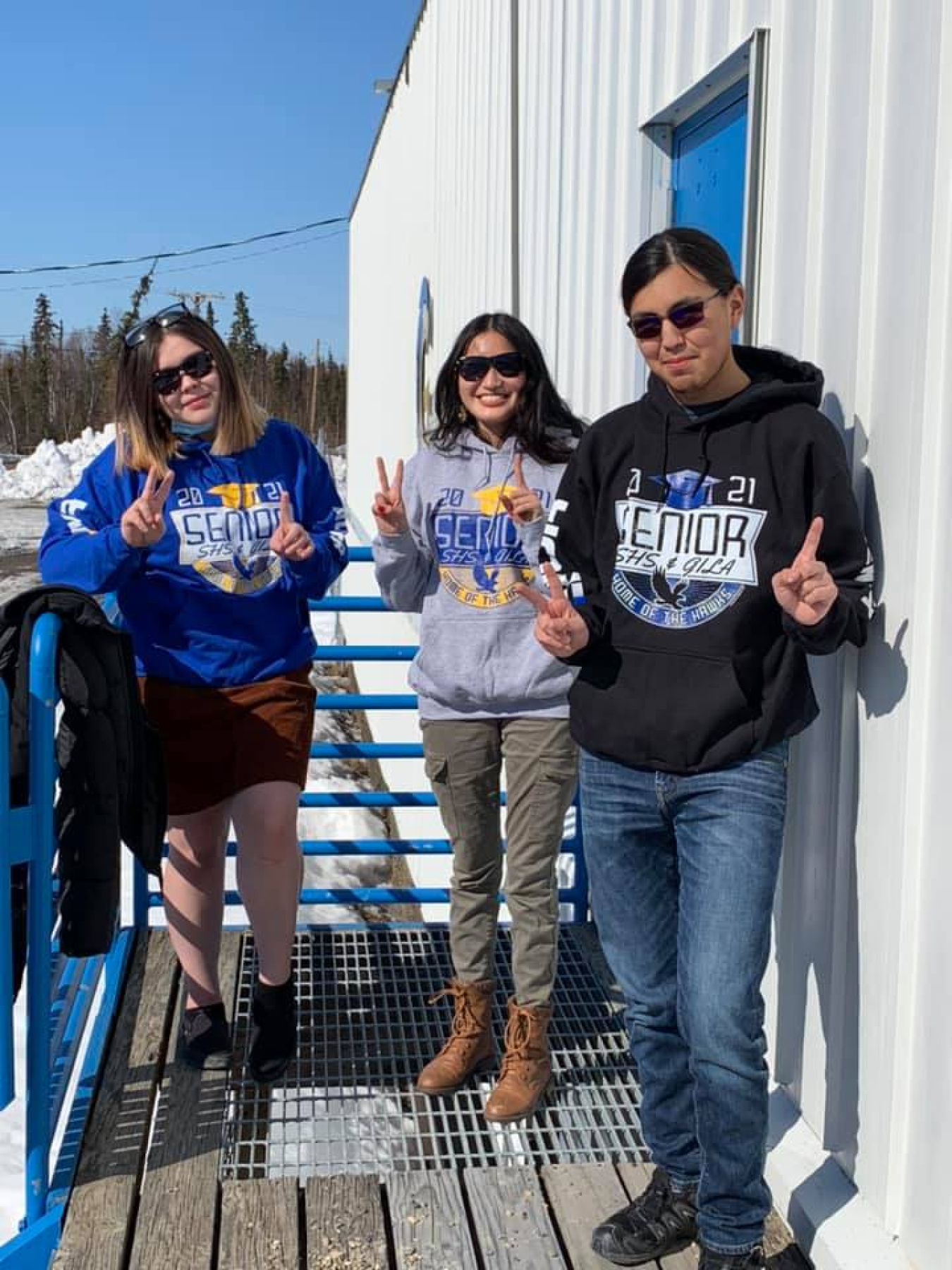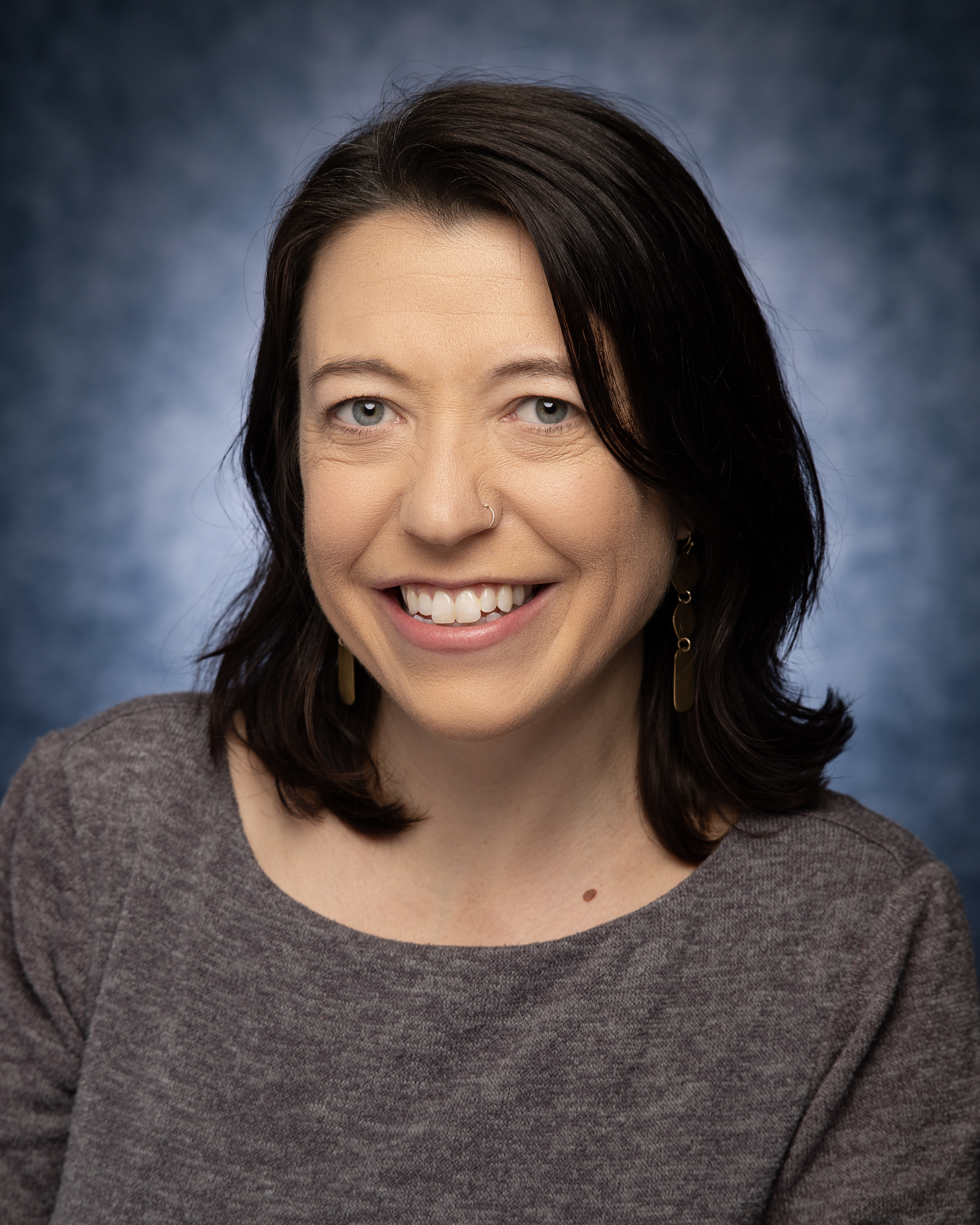The story of Sustainable Energy for Galena, Alaska (SEGA), one of 67 awardees of the U.S. Department of Energy’s Energizing Rural Communities Prize’s phase one, was born from the energy needs of their busy school system.
July 21, 2023Galena, Alaska, is only accessible via air or water transportation. Roughly 270 miles west of Fairbanks, Galena is situated along the Yukon River in central Alaska, with a population of 400 year-round residents. That population number gets quite a boost during the school year though, as 200 high school students from over 50 villages throughout Alaska come into the city to attend Galena Interior Learning Academy, a residential vocational school located at a former Air Force Base. Education is the focus of this remote and rural area’s economy, with the boarding school and a local village school.

The story of Sustainable Energy for Galena, Alaska (SEGA), one of 67 awardees of the U.S. Department of Energy’s Energizing Rural Communities Prize’s phase one, was born from the energy needs of this busy school system.
When the U.S. Air Force left the base and the ownership was transferred to the City of Galena in 2009, they left 1.5 million gallons of fuel reserves as a gift to the city to be used as heating fuel – a welcome boost but not enough to indefinitely support the approximately quarter million gallons needed annually to heat the school. Over time, the community of Galena sought to shift to using biomass to heat the school, considering the climate impacts of being fossil fuel dependent and a push to find a more economically secure source of heat.

The partnership piece is critical to the sustainability. That’s what I would emphasize to other potential applicants: partnership, partnership, partnership.
Into the Future
SEGA is working to get established as an independent power producer, and this summer they supported the construction of a pilot 50kW community solar array with battery backup. Tim is anticipating that this power project will be a template for integrating renewables in the grid, and that this model can be replicated with other renewable energy sources for Galena in the future. The in-kind mentorship services that DOE will offer as part of the Energizing Rural Communities Prize will help SEGA continue to develop business acumen and legal resources.
Many rural cities and tribal communities are operating at full capacity, with a limited workforce and a lot of demands on their time. SEGA had the support of a consultant in the state, a former Alaska Energy Authority employee who was the biomass coordinator, to learn about the Department of Energy’s funding opportunity, as Tim noted he and his staff are out in the field daily working on their energy and construction projects.
For others looking at DOE funding opportunities, Tim stressed that SEGA is a partnership. “It takes all of the entities and creative thinking from the leadership,” he said. “The partnership piece is critical to the sustainability. That’s what I would emphasize to other potential applicants: partnership, partnership, partnership.”
For more information about open DOE funding opportunities and available technical assistance, visit the Arctic Energy Office’s resource page.


